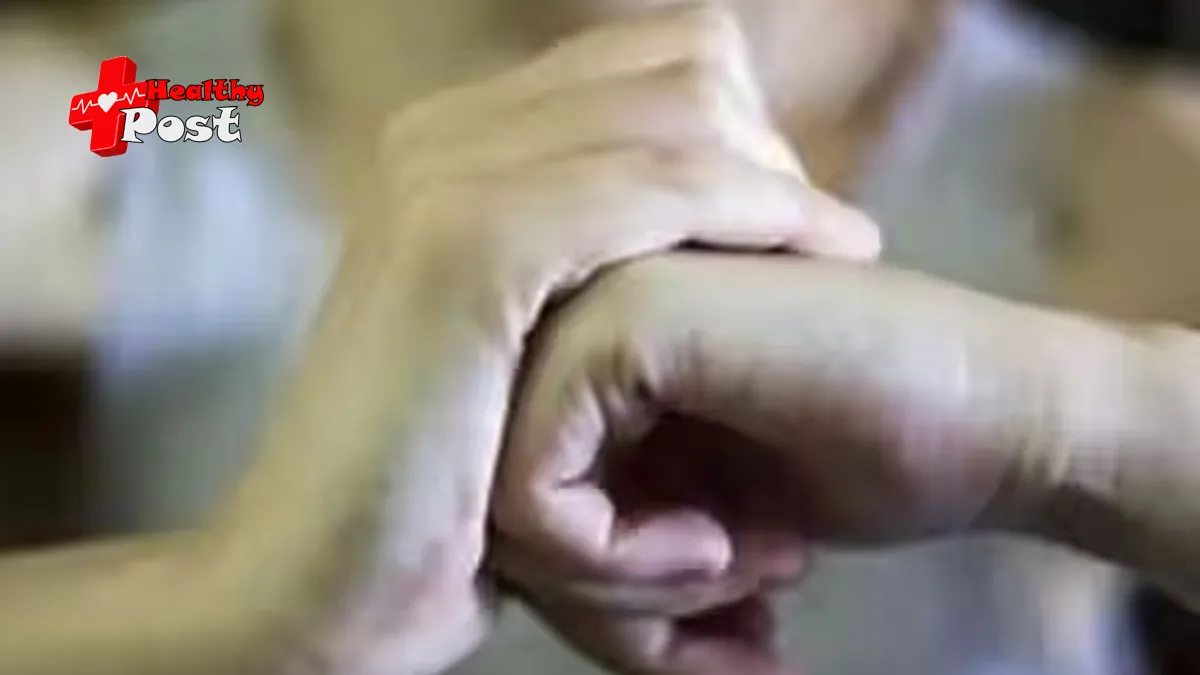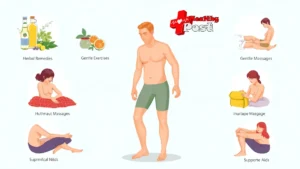
Snap of fingers is not good! Especially for teenagers, don’t do it
Regardless of age, I believe that cracking fingers was popular in middle school. The “clicking” sound not only brings psychological comfort, but also wins the “cheers” of classmates. Many children have become “child kings” with this skill. Many people still have this habit when they grow up, especially programmers or copywriters. After finishing their busy work, they crack their fingers to relax. However, as an orthopedic surgeon, I want to say: Stop cracking! Cracking fingers is not a good habit, and it even hides huge harm! Let’s talk about it today. In this article we discuss about how harmful is Snap of fingers especially for teenagers.
Sracking sound by Snap of fingers
First of all, we need to know why cracking our fingers makes a “cracking” sound?
In fact, this sound is called “snapping” in medicine. Snapping is a normal physiological phenomenon. There are gaps between the joints of the human body, also known as joint cavities, which are filled with fluid that lubricates the joints, and there is also some air in the fluid. When you bend your fingers, the space in the joint cavity suddenly changes, and an obvious cavity appears, so the gas in the liquid will quickly diffuse into the cavity, making a crisp “clicking” sound together with the liquid.
In fact, occasionally cracking your fingers will not cause any harm, and it can even stimulate the capillaries and peripheral nerves around the joints , thereby accelerating blood circulation in the joints. However, many people often crack their fingers, especially teenagers, who should not make cracking their fingers a habit, as frequent cracking of fingers can really cause harm to the body!
1. Induce joint inflammation
When the finger joints are pressed hard, it may cause acute damage to the surrounding ligaments, and in severe cases, it may cause tendon dislocation. If the finger joints are in a damaged state for a long time, it will induce joint inflammation.
2. Cause joint hyperplasia or dislocation
People who frequently press their finger joints may find that the joints they press become thicker, and even the gaps between the fingers become larger. This is because long-term and strong pressure on the finger joints causes the finger joints to move beyond the normal range and causes a variety of joint diseases, such as joint dislocation and hyperplasia.
3. Joint damage
Many people press their fingers just to hear the clicking sound, and even increase the pressure when there is no sound. Little do they know that pulling the finger joints back and forth can cause joint damage.

